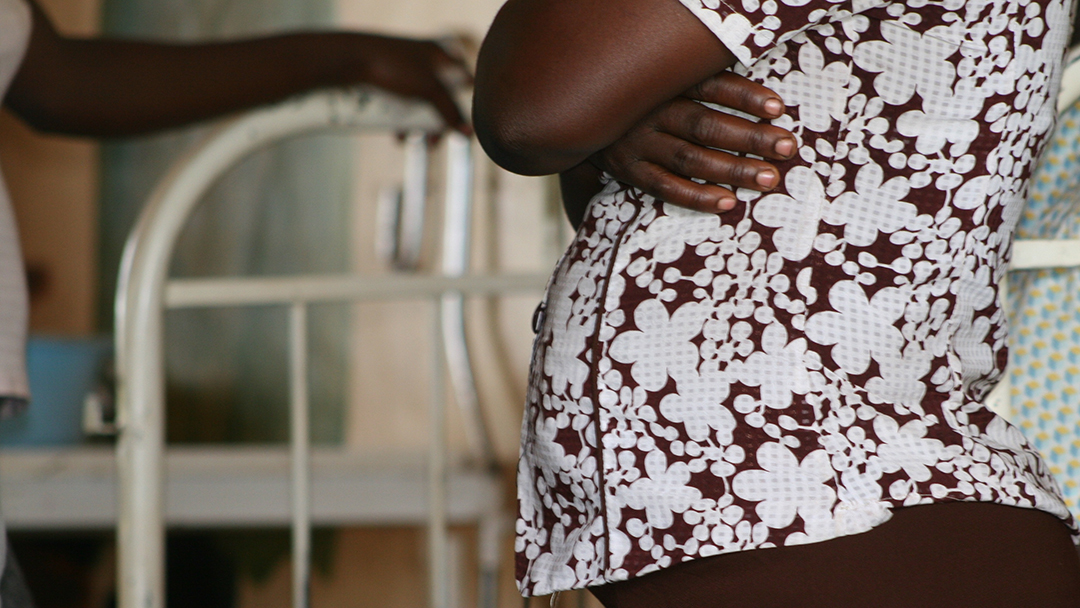
12 Feb SOCIALAB: An AIGHD multidisciplinary approach to fighting barriers for maternal and child health in Senegal
A recent publication on a completed AIGHD project recommends improvements for maternal and child health in low- and middle- income countries.
The SOCIALAB project, aimed at identifying the barriers preventing the uptake of laboratory screening test by pregnant women visiting antenatal care services in Senegal. The Ministry of Health of Senegal recommends 7 diagnostic test for screening medical conditions that can affect the health of mothers and their children including HIV infection, syphilis, and pre-eclampsia among others.
The SOCIALAB researchers Dr. Pascale Ondoa (principal investigator), Dr. Anja van’t Hoog, Dr. Winny Koster, Prof. Constance Schultsz, Prof. Ahmed Iyane Sow (Senegal), Prof. Jean Sakande (Burkina Faso), Prof. Soulymane Diallo (Mali) and colleagues examined the number of pregnant women going through the various steps of the ANC testing cascade during the first ANC visits at 16 health care facilities across the country. Quantitative and qualitative information were also collected on various laboratory systems and socio-economic issues underlying the delivery and uptake of ANC screening tests (e.g. workforce skills, supply of laboratory reagent, price of tests).
The results, published last month in PloSOne, showed that only 30% of women received the complete set of 7 tests recommended by the Ministry of Health. Only 30% of test requests received by the laboratory covered the complete panel of screening recommended, midwives admitting that they anticipated the financial hardship of women, and instruments break down. Only 30% of test request were executed by the laboratory, due to women not having sufficient money to pay and being discouraged by back and forth travel to get their results. Additionally, only 19% of the abnormal results detected were followed by adequate clinical management.
Among the 38% of women having received 1 or 2 of the 7 test results, HIV and proteinuria rapid tests were more likely to be available, as compared to other assays delivered as more conventional instrument-based testing format.
Incorporating both an anthropological and biomedical approach, SOCIALAB determined the key barriers that produced such poor uptake of ANC screening test. They included difficulty in interpreting the national guidelines of mandatory antenatal tests, and inefficiencies in the choice of diagnostic technology resulting in high costs, and long turn around time for test results.
“SOCIALAB has demonstrated that the issues within maternal and child health are very complex and require cooperation of many sectors including health professionals, policy and decision makers and partners for development in Senegal,” said Dr. Anja van’t Hoog.
Based on these observations, the SOCIALAB team recommends a different approach whereby all seven screening tests could be delivered in a rapid test format in one simple package, and possibly as part of the HIV Prevention of mother to Child Transmission programme.
“What we’re suggesting is a one-stop shop of rapid tests using simple, affordable and point of care technology. Such a test kit can be done in a nurse’s office so that women receive all the test results they need immediately for a swift clinical management whenever needed ” said Dr. Ondoa, Director of Science and New Initiatives at the African Society for Laboratory Medicine and assistant professor at AIGHD.
The project began in 2013 and was completed in 2016.
Read the other publication on the SOCIALAB here.
